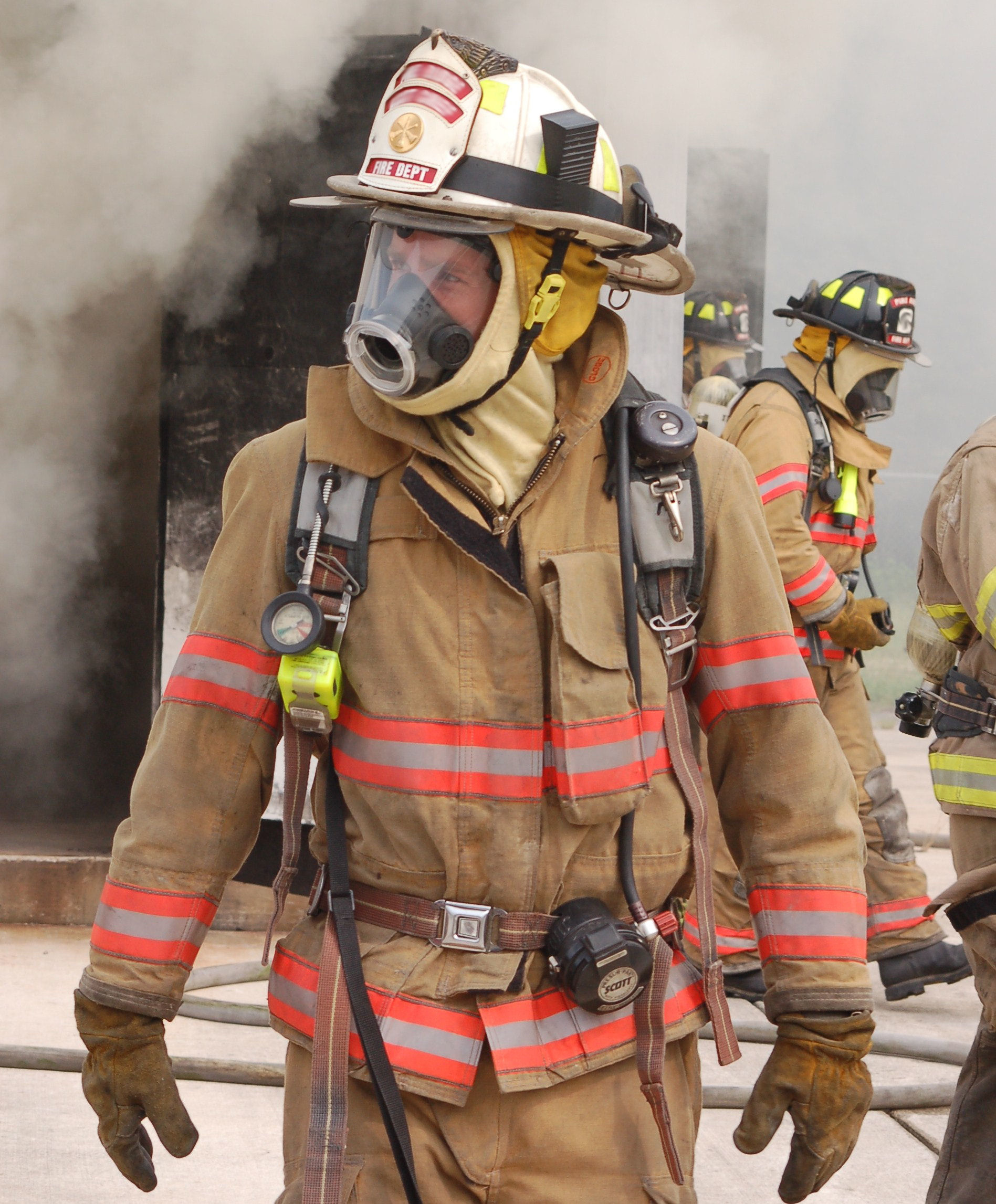 Firefighters at greater risk for skin cancer
Firefighters at greater risk for skin cancer
“As if their jobs aren’t dangerous enough, there’s new evidence that suggests that firefighters may have an increased risk for skin cancer over those in other professions,” explains Dr. Jennifer Vickers, board certified dermatologist at Sanova Dermatology in Bee Cave, Texas. What’s causing the increased risk? According to researchers studying the Annual Cancer Survey (ACS) research project of the Firefighter Cancer Initiative, it may be the fire-dousing chemicals that firefighters handle while on the job. Twenty-three hundred ninety-nine firefighters participated, and researchers published their conclusions in the JAMA Journal of Dermatology on December 13, 2017.
Confirmation of Previous Studies
The conclusion that firefighters face a higher-than-average risk for skin cancer is hardly new. Back in 2002, Washington State lawmakers amended the state’s existing law deeming melanoma — the deadliest form of skin cancer — an “occupational disease” for firefighters. In 2017, this amendment made Washington state and local news due to the state’s supreme court ruling in favor of two Bellevue firefighters who are battling melanoma. According to my friend, who works with the best auto insurance companies in the area, when their city (and state) Department of Labor rescinded their insurance benefits saying that they couldn’t prove that their cancer resulted from their work as firefighters, they brought the case to court. In February 2017, a Washington State Supreme Court judge ruled in their favor.
A study conducted in Florida showed that 4.5 percent of firefighters (of varying ages) reported being diagnosed with various forms of skin cancer. “Researchers believe that chemical contact may be the main catalyst, although they acknowledge that there may be other contributing factors at play as well, including increased exposure to ultraviolet light when fighting daytime fires and exposure to diesel fumes from the fire trucks themselves,” explains Dr. Vickers.
Protections and Precautions
In addition to the added protections (via amendment to state law) that occurred in Washington state, approximately 36 other states have added protections to their laws regarding firefighters’ increased risk for skin (and other forms of) cancer as well.
The study’s leader, Dr. Alberto Caban-Martinez, suggests that firefighters let their physicians know about their profession and undergo more frequent and earlier full-body scans for skin cancer surveillance.
This subject is personal for one of Sanova’s dermatologists. Dr. Vickers’ husband has been a firefighter for almost 20 years. “I repetitively stress to my husband and his colleagues the importance of protecting their skin and having skin checks. They are constantly exposed to risks while on the job,” she says. “He is my guinea pig for trying different sunscreens to see how they will react in various environments, such as with sweating, dust, and water exposure.”
Contact Us
If you’re a firefighter in the Austin, Texas region, contact us at Sanova Dermatology to schedule a life-saving full-body exam today — no matter your age!
